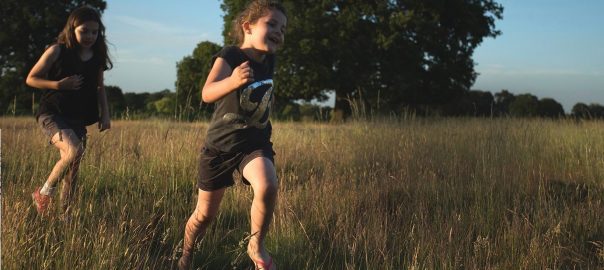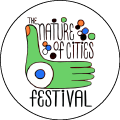17 October 2016
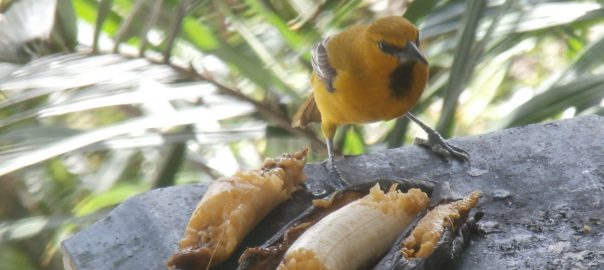
Georgetown, Guyana, is one of the world’s smallest capital cities, a mere six mi.2 according to its official boundaries. The Dutch laid out this city, perched on the northern Atlantic coast of South America, in the 18th century; the British expanded it in the 19th and 20th centuries. Tree-lined avenues,...
12 October 2016
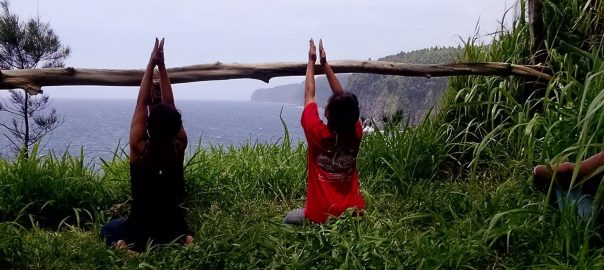
What if urban resource management and conservation reflected not just the politics and science of the day, but were rooted in creation stories, place-name stories, and personal stories about the relationships people have with place? This kind of thinking is at the heart of traditional ways of stewarding the environment...
5 October 2016
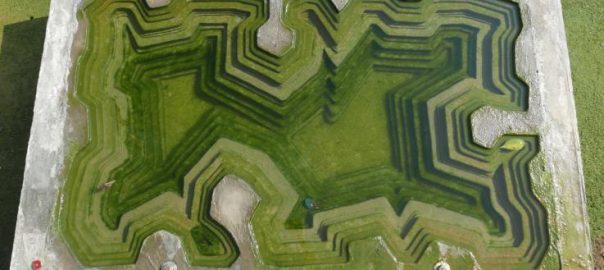
Since the founding of modern Singapore in 1819 by Sir Stamford Raffles, the small island nation has developed from a sleepy fishing village into a modern day metropolis, and has lived up to the adage, “if you build it, they will come”. Particularly over the last eight decades, Singapore’s coastal...
2 October 2016
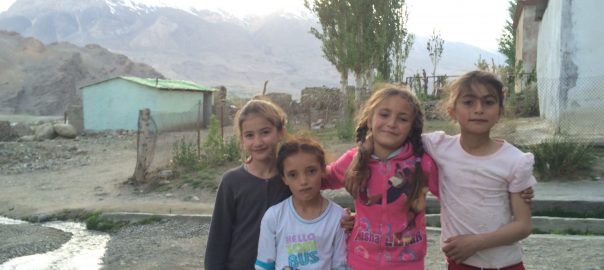
Nilofar* leans over to pour us more tea. All conversations in Central Asia seem to start with tea. She is asking questions about our trip, wondering why we are walking from Bangkok to Barcelona. She wants to know if we have always traveled, how we can afford the trip, if...
28 September 2016
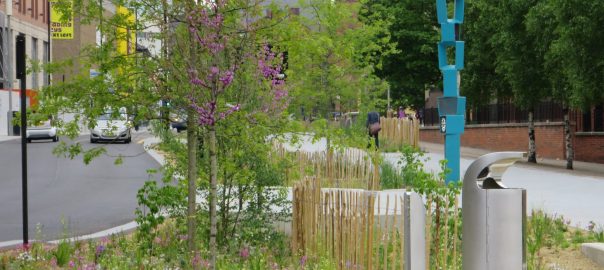
“Cities separate us from nature, do they not?” —Light, 2003 No, they don’t; or at least they don’t have to. The good news: green infrastructure is expanding and gradually softening a proportion of our planet’s increasingly urban surface. It appears we’re on the right track, as recent years have witnessed...
25 September 2016
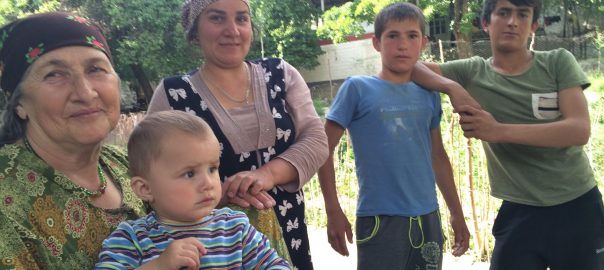
“My husband is in Moscow.” “My son and his wife moved to Moscow a few years ago.” “My brother and sister work in Moscow.” “I want to go to Moscow. I can find a job there, and make more money than here.” We heard all sorts of versions of this...
21 September 2016
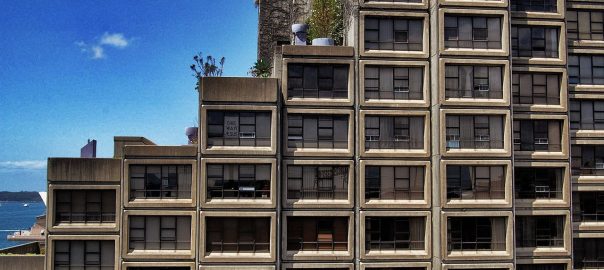
Sydney is in heritage crisis mode. Ancient Aboriginal campsites are being dug-up and destroyed. Low-income residents are being forcibly removed from their long occupied, heritage-listed, city-centre homes and apartments. Magnificent and much-loved trees are being uprooted from their parkland settings. These actions are having emotional affects for individuals and communities,...
18 September 2016
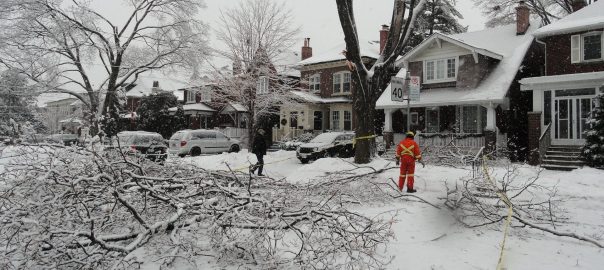
The sustainability of urban ecosystems depends on how we respond to future social, economic, and environmental challenges. From reducing the negative effects of highly engineered infrastructure on the ecological functioning of natural systems in cities, to achieving a more equal provision of ecosystem services in the urban social landscape, each...
14 September 2016

The final night of the European Soccer Cup in July, 2016, brought together some of the world’s greatest sports figures and fans. France, the hosting team, was hoping to ride a wave of wins to capture their third Eurocup title, following successes in 1984 and 2000. But it was not...
11 September 2016
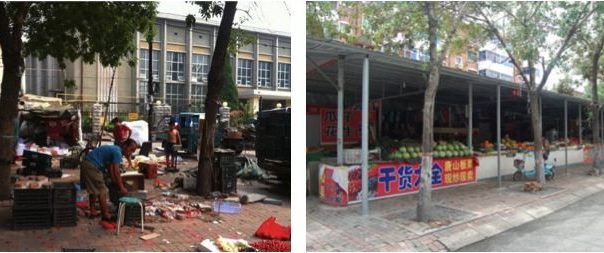
As the world is fighting against climate change, many Chinese cities are now trying to transition towards a low-carbon development pathway. Beijing, the capital city of China, promised to peak its carbon emissions by 2020, an ambitious target that inspires all of its citizens. And the city has actually made...
6 September 2016
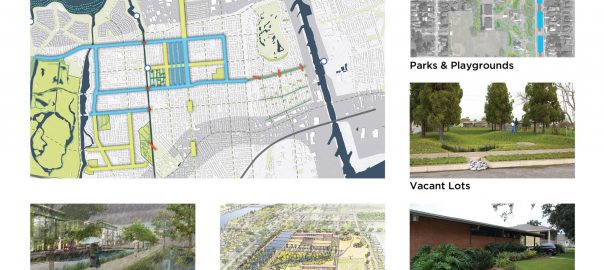
Several months ago, the City of New Orleans was awarded $141 million dollars from the U.S. Department of Housing and Urban Development (or HUD) to implement a wide-ranging green infrastructure project in the city’s Gentilly neighborhood. The main goal of this project, known as the “Gentilly Resilience District,” is fairly...
4 September 2016
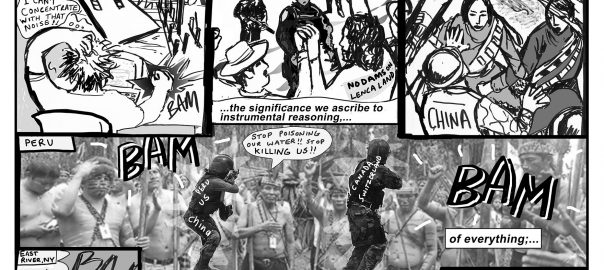
As I was reading Musagetes’ Manifesto on Economic Dignity and getting all passionate about activism, the usual disturbing and stressful noise from the construction of a new ferry pier next to the construction site of another huge tower on the East River in New York City started up. The new...
1 September 2016

I am from a family with Indigenous Latin American and German ancestry. I have been to many different countries and lived in different places. I believe this is partly because the Indigenous tradition my family comes from is nomadic. They see the earth as a living entity, and if they...
28 August 2016
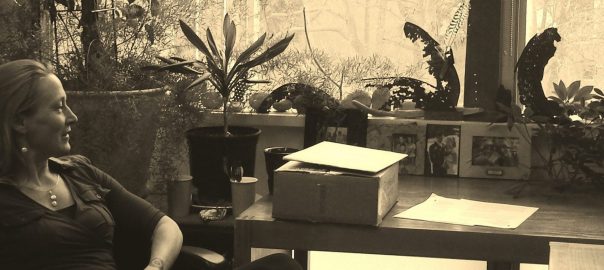
In this short essay my aim is modest and two-fold. First, I would like to share with you a story about an experiment in ecological-environmental-scientific-poetics that worked out beautifully. It worked so well that I believe it is worth sharing. Second, in the spirit of sharing, so that others can try...
25 August 2016
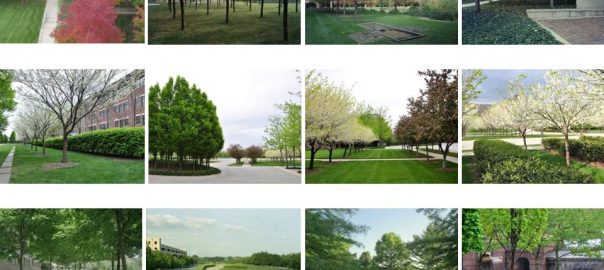
Different schools of professional and academic thought have recently emerged to address the unprecedented problems of the sprawling megacity. One particular group believes that solutions will emerge from the cultivation of data and vast amounts of statistical research. This activity, which is sometimes referred to a “datascaping”, reduces the complex...
21 August 2016
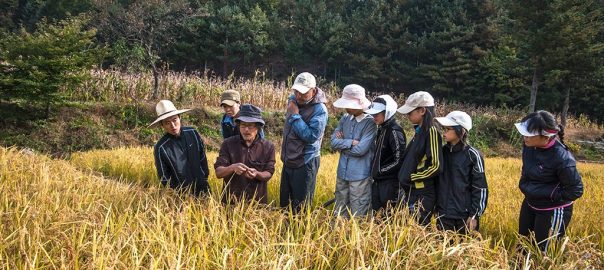
We live in an ecology of separation. Our human-built ecology is today so far separated from the earth’s ecology that it is impossible for sustainability—let alone environmental and social well-being—to be achieved within it. This is where we are as a society, but we don’t have to be stuck here....
17 August 2016
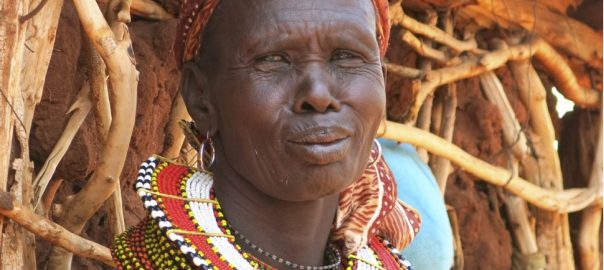
Urban livestock has long been viewed as dirty, unsafe, and decidedly un-modern by both policymakers and members of the general public. Yet, for many people living in and near the cities of developing countries, animals are a key source of food, nutrition, and livelihood. In Kenya, peri-urban chicken production has...
14 August 2016
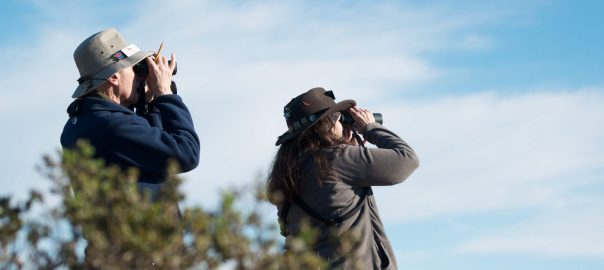
When I pulled up in my friend’s truck to the tunnel entrance to the Marin Headlands, part of San Francisco’s Golden Gate National Recreation Area, I entered what appeared to be a fine mist of white plant fluff. I turned off the motor and observed. Incidentally, the white plant fluff had...
7 August 2016
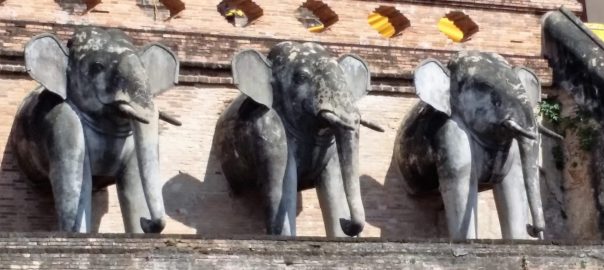
I recently spent a month in Chiang Mai, Thailand, and have been reflecting on my experience ever since. Chiang Mai is a beautiful and vibrant city, rich in culture and history. The Buddhist religion permeates every aspect of the city and surrounding countryside, with temples and symbols of Buddhism everywhere....
3 August 2016
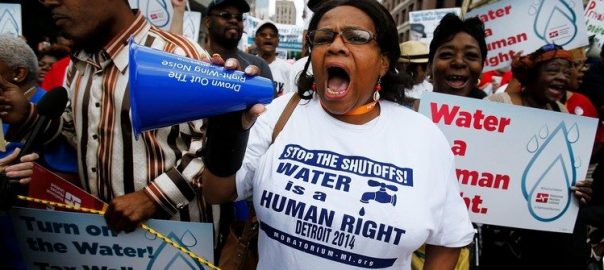
For a state surrounded by fresh water, Michigan, in the northern United States, certainly has had its share of water woes lately. Michigan’s water has always been our crowning glory; from our geography to our automobile license plates, the Great Lakes define us. As we hit the height of summer,...

